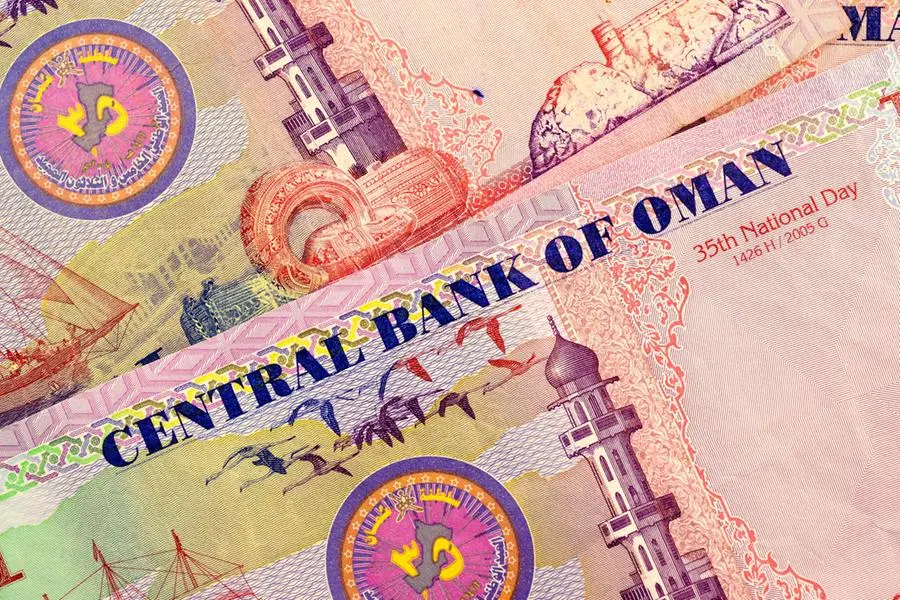PHOTO
The Sultanate attaches great importance to reducing public debt in a way that guarantees financial and economic stability. It is with this end in view that within five years, the Sultanate has paid off nearly OMR5 billion of public debt.
Speaking to Times of Oman, Dr. Mohammad Al-Wardi, an academic and economic analyst, said: “There are some apprehensions on budget deficit and the assumption of $55 per barrel price of oil. I want to clarify that this price is hypothetical and precautionary, in order to avoid any drop in oil prices.”
“The Sultanate paid OMR5 billion as interest on debt alone between 2016 and 2022, out of which OMR1.1 billion was paid during 2022, and another OMR1.2 billion has been allocated for debt servicing in 2023. Therefore, the Sultanate attaches great importance to debt reduction to ensure financial and economic stability,” Dr Al-Wardi said.
He confirmed that spending for 2023 comes to OMR13 billion, which is similar to actual spending for 2022, while revenues have been projected at OMR11.6 billion on the back of a conservative oil price of $55 per barrel to hedge against price fluctuations. Accordingly, the budget deficit will reach OMR1.3 billion, but with the rise in oil prices, the budget will achieve a surplus, not a deficit.”
Al-Wardi said oil revenues has been put at OMR5.3 billion and gas revenues at OMR3 billion. Al-Wardi also said that budget expenditure includes several sectors, including education (about OMR2 billion, or 44% of social spending, health (about OMR1 billion, or 22%, and debt interests (OMR1.2 billion), while security and defence sector has been allocated OMR3 billion. While development expenditure amounts to OMR0.9 billion, support expenses (fuel, electricity, food, etc.) amount to OMR1.8 billion.”
As for the most important sources of income other than oil and gas that the Sultanate should pay attention to, Al-Wardi said: “The Sultanate relies on economic diversification of the structures as also the sources of budget income, starting from sectors in which the Sultanate has competitive advantages such as the fish, clean energy, industrial minerals, tourism sectors etc.”
Dr. Al-Wardi said: “The government’s commitment to the budget items is good, but it is always necessary to be flexible to adapt to developments and fluctuating circumstances, especially since the budget is conservative.”
“After 7 years of the financial impact of the collapse in oil prices on state budgets, the 2022 budget returns to the levels of oil sales revenues during the years of the financial boom. We returned, but only after the debt reached OMR20.8 billion. Therefore, dealing with public debt is the most important priority of the government.”
Noora Al Badi said: “The security and defence budget has been put at OMR3 billion. This includes defence, police, security, guards and the royal office. Therefore, the amount is very reasonable compared to the expenses of the neighbouring countries in this sector.”
© Muscat Media Group Provided by SyndiGate Media Inc. (Syndigate.info).





















